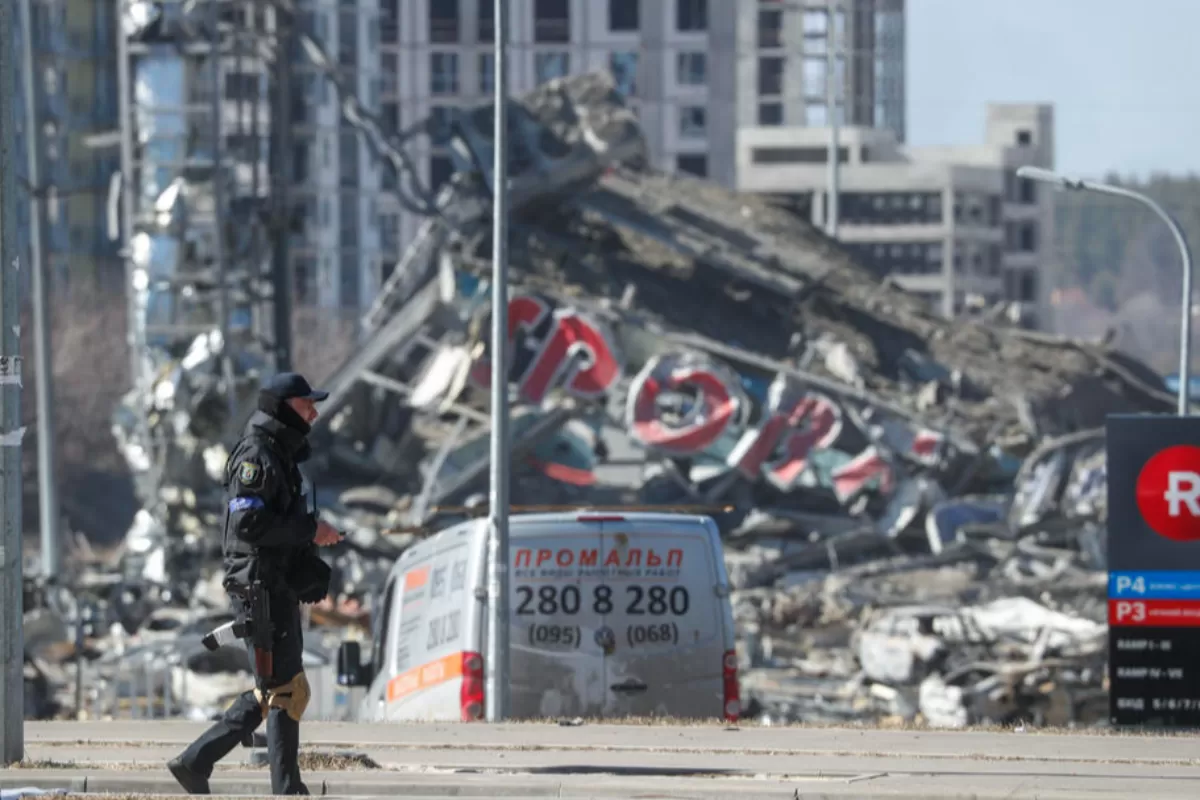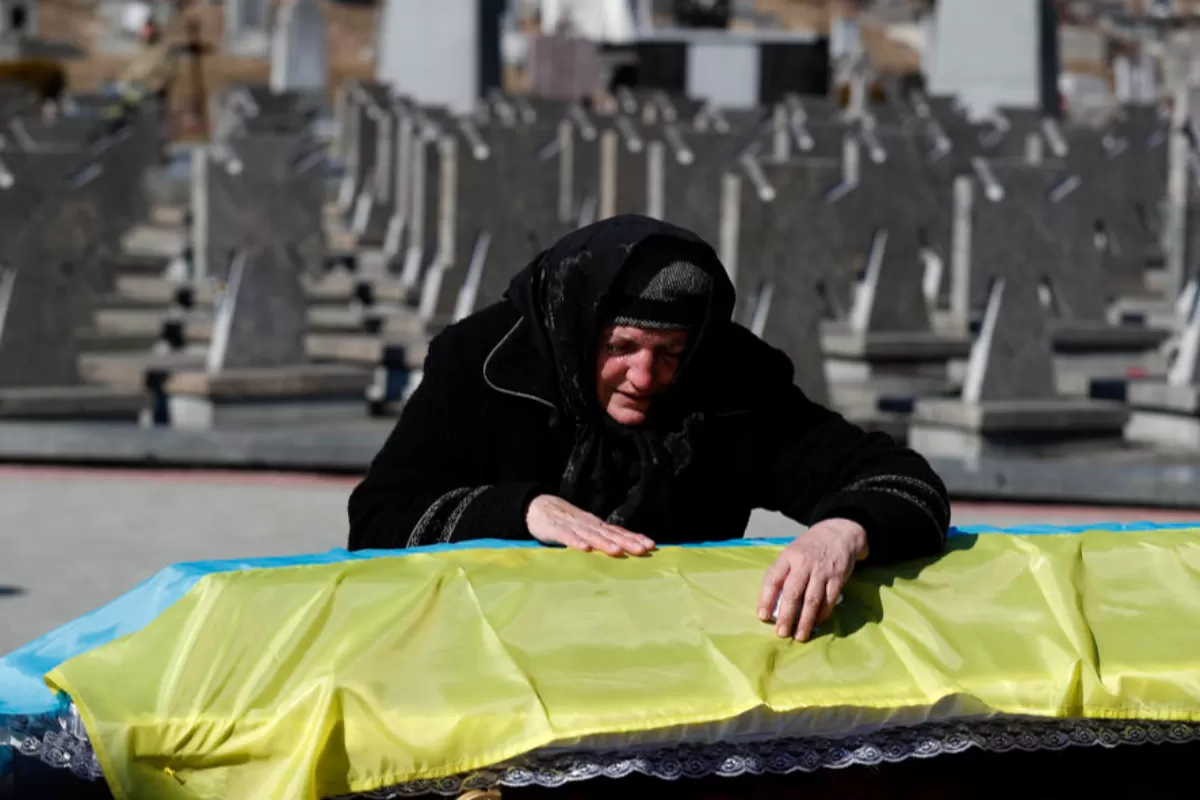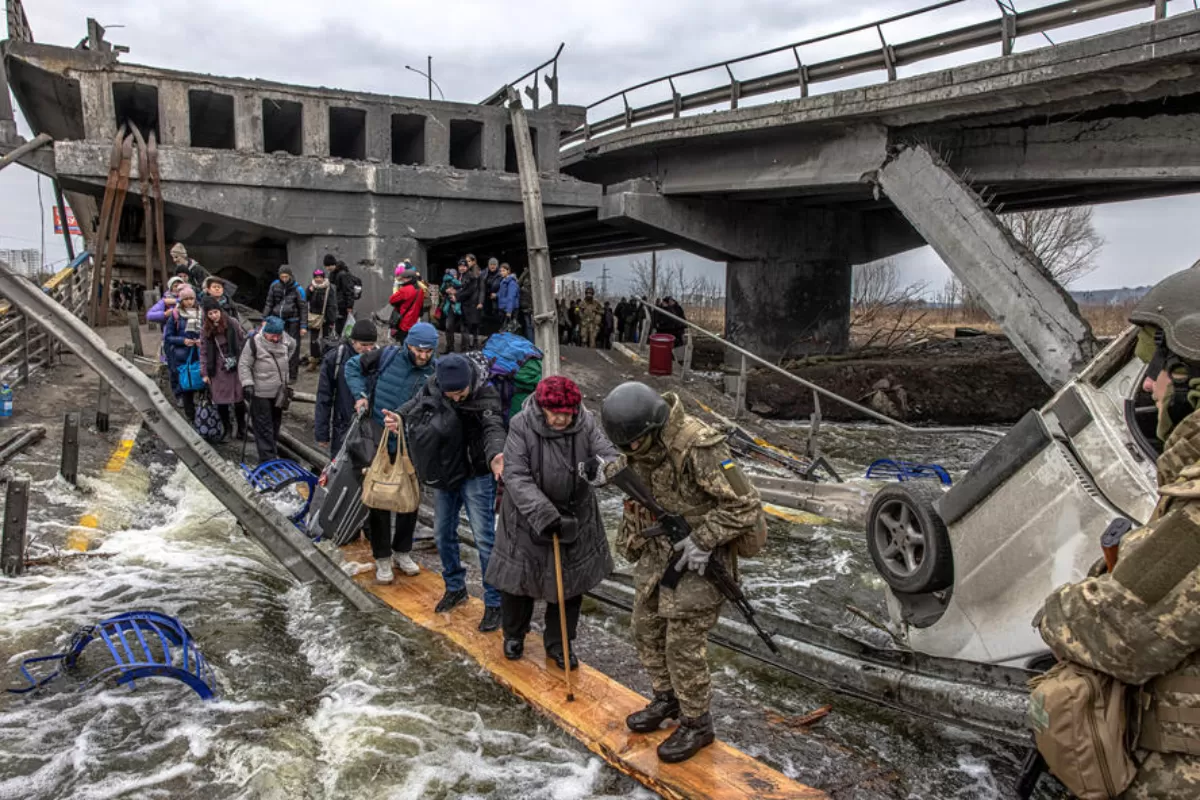
The crimes, torture and robberies committed by the Russian military are the result of a deficient education system but also of social issues neglected by the authorities, writes the independent Russian press, which continues to work despite the fact that it is almost banned in Russia. Veridica has found an article about how the Russians have come to denounce those who do not share the official version about the war, as well as two interviews, one about Putin's regime, the other about the decline of the Russian oil industry due to sanctions.

The Proekt team, declared an undesirable organization in the Russian Federation last year, returns with an extensive investigation into Vladimir Putin's health problems. The Insider writes how, before being assassinated, the politician Boris Nemtsov was pursued by FSB agents later involved in the poisoning of Alexei Navalny. Russian publicists are also pondering the chances of Putin being tried by the Hague Tribunal for war crimes.

Subject to a virtual ban in Russia, where journalists risk serving prison time if they write about the ongoing war in Ukraine, the Russian independent media continues to write about the conflict and its effects. This week, Veridica has selected articles about journalist Oksana Baulina, killed in Kyiv during a shelling of the Russian army, about the refusal of Russian soldiers to fight in Ukraine and about the Kremlin-linked billionaires’ waning power.

In the articles selected this week by Veridica, journalists are calling on their peers who sided with the Putin regime to tell the truth. They describe how war is being presented in schools across Russia and argue that information justifying the Russian aggression in Ukraine was introduced in school curricula a few years back.

Putin’s regime has introduced a near-total censorship in Russia, and the new law about “fake news concerning military actions” imposes prison sentences on anyone writing or using the word “war”, considering that the government’s official discourse states that Ukraine’s invasion is merely a “special operation”. Nevertheless, Russian independent journalists are still making efforts to reach their public. All they have left is the Internet, which is itself subject to certain limitations. Independent journalists write about the massive wave of people leaving the country, comparable to the mass-migration of 1917. They also continue to provide information about the “special operation” and are trying to counter the extensive propaganda aggressively promoted on all federal channels.

With the outbreak of war in Ukraine, the Kremlin has tightened its grip on information reaching the Russian public. The little independent press that still existed and was trying to provide information about what was really going on in Ukraine was practically silenced. Veridica flipped through independent media articles published just before total censorship was installed in Russia.

Despite the government's censorship and the triumphant image of the war that the Kremlin sells to the public, the Russian independent media is trying to accurately report on both what is happening on the ground and the possible consequences of Vladimir Putin's war.